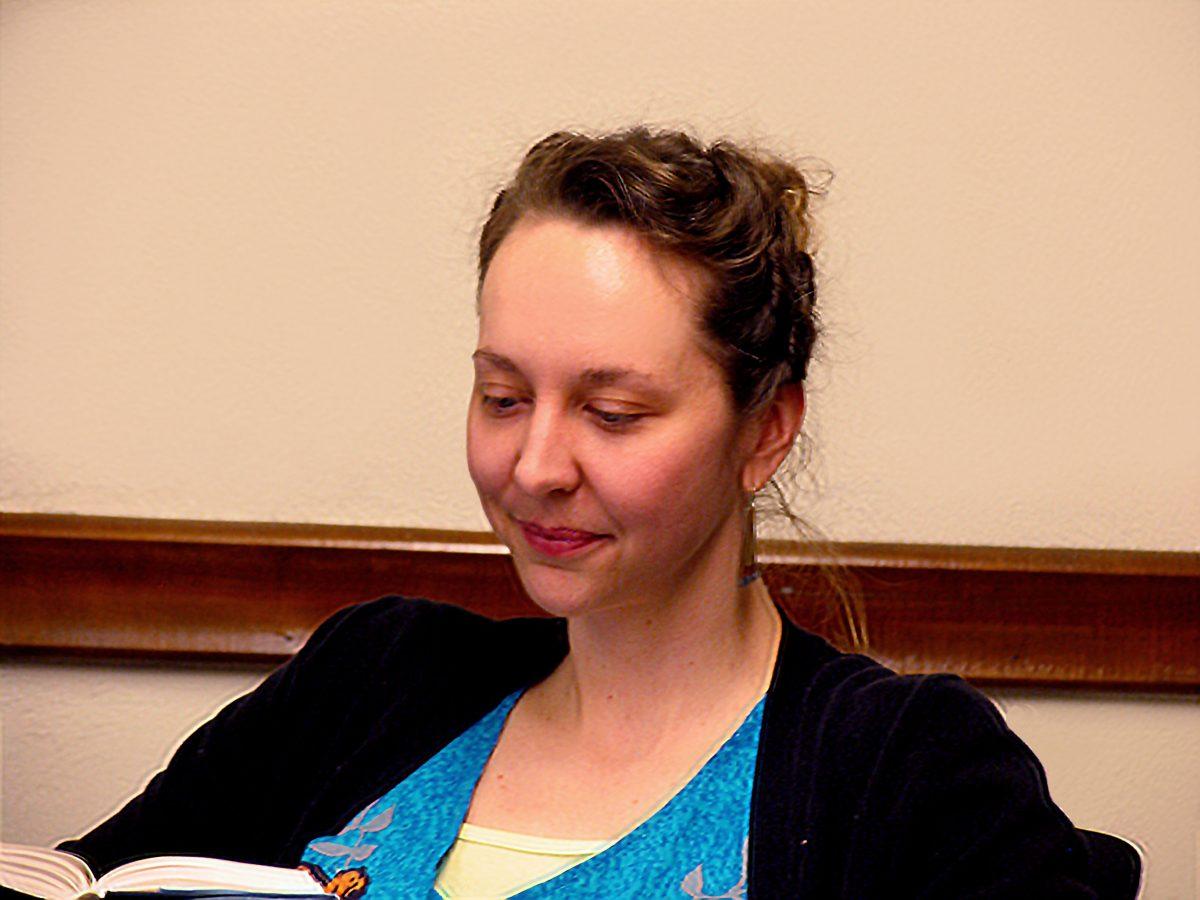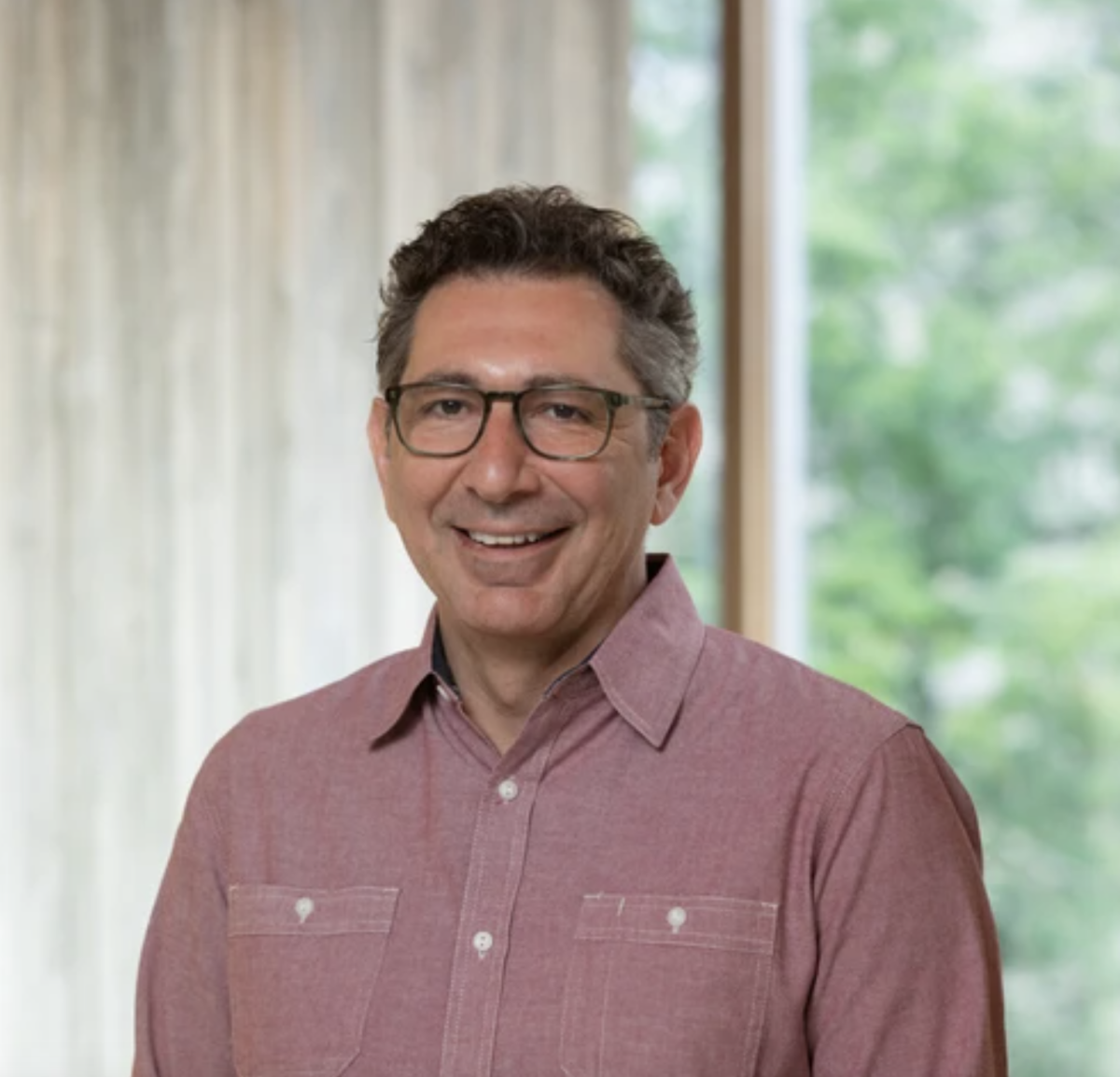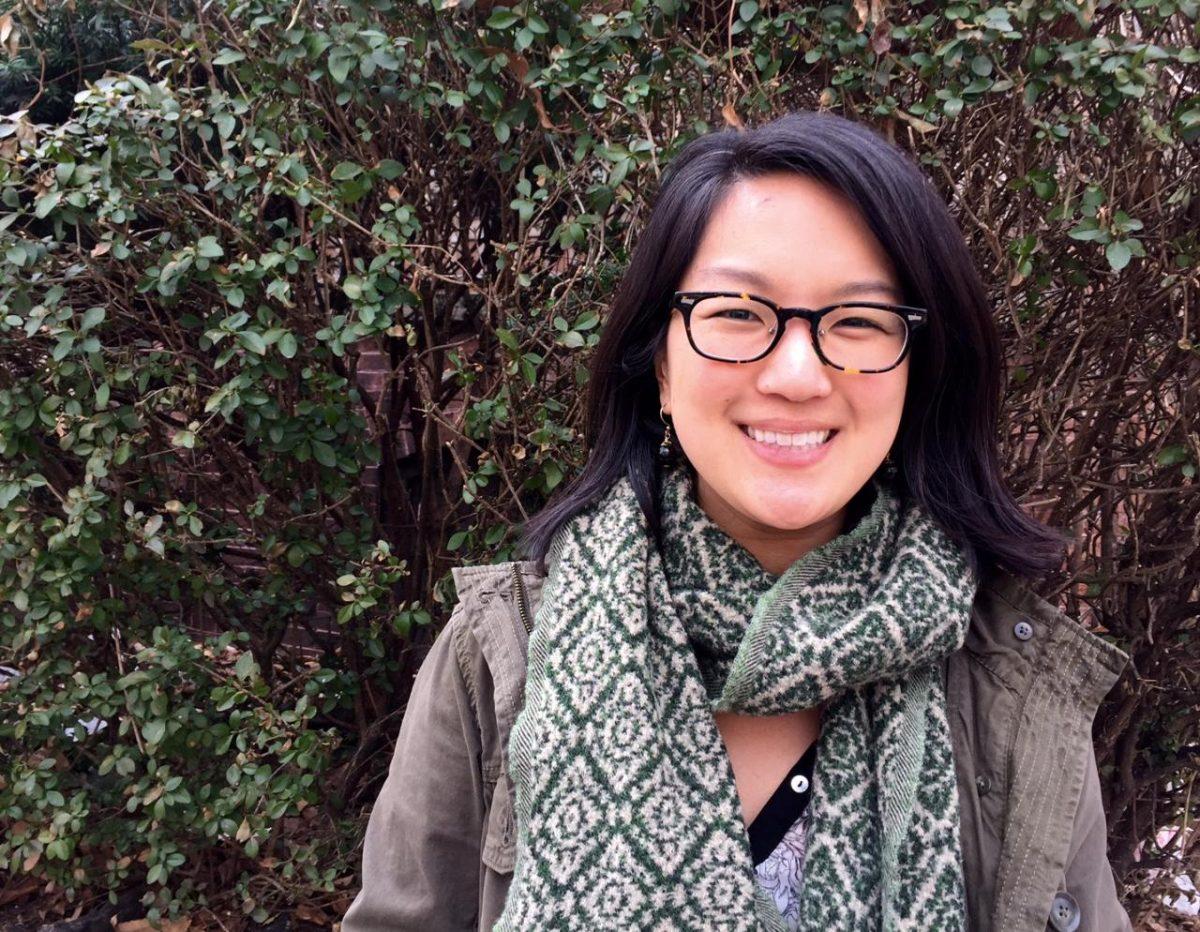What becomes immediately clear upon talking to philosophy professor Corinne Gartner is how easy she is to talk to. Her charming aura spreads into her office space: books neatly line the walls, little stuffed philosophers and a pony from My Little Pony (a gift) hang in various places around the room and a cushion that looks like a birch log rests on a plush chair meant for students. The conversation drifts from whether or not the friend who gifted her the pony is a Brony (“What’s the feminine version of a Brony? That’s how problematic that term is”) to the masculinizing of agender objects (“I’m pretty sure I’m rocking a man-bun right now.”)
Gartner remembers being passionately pre-med as a college student. The daughter of an AIDS researcher at Johns Hopkins University and a hard science fanatic herself, Gartner had presented at several science fairs and read all of her mom’s pathology textbooks. Now in her fifth year at Wellesley, she has managed to combine her interests in medicine and philosophy by teaching a course called Medical Ethics, in addition to various other courses such as moral or ancient philosophy.
Because of her initial interest in being pre-med, Gartner describes her path to becoming a philosopher as “circuitous.” Upon entering Stanford University as an undergraduate, she decided in her freshman year to major in Human Biology. At the time, all freshmen were required to participate in the Introduction to Humanities (IHUM) program that has since been replaced (or renamed) by Thinking Matters. The program featured a sequence of core courses in the humanities for which students could choose a specific track; Gartner chose to take the philosophy track within IHUM, which exposed her to works by Plato and Lucretius, which she found fascinating.
Gartner elaborated on why she was, and still is, interested in medicine, and how this passion intersects with philosophy. In particular, she was intrigued by the mechanisms of disease and how pathogens come about.
“I found thinking about pathology fascinating because I like thinking about why things happen: why does this particular pathogenic agent produce this symptom? But at a certain point I began to ask questions that medicine could not answer — questions about the nature of the explanations on offer for the health-related phenomena that medicine investigates. This is where philosophy enters in, since philosophy seeks not only to explain the phenomena, but it also asks, for instance, what constitutes an explanation in the first place? And what are the phenomena that require explaining?”
The more philosophy classes she took, the more she enjoyed them. When it came time to commit to a major, Gartner decided to study philosophy with the intent of going to medical school. She completed all but one of her premedical requirements with her future career in mind but later found herself wondering about what it would be like to pursue a career in philosophy instead. Some time in between Greek language courses and studying ancient philosophy, she decided to change her career plan around: she would become a philosophy professor instead of physician. With this new decision in mind, she was excited and did not look back, attending Princeton University for her PhD in classical philosophy. She ended up being a doctor after all, but not a medical one.
“A lot of people are Doctors of Philosophy but only a few of us are Doctors of Philosophy in Philosophy,” Gartner joked.
Though medicine and philosophy seem like vastly different disciplines, Gartner believes that they are actually quite similar.
“Although medicine and philosophy seem prima facie disparate — medicine involves the messy, hands-on saving of lives, while philosophers think about abstract questions from the comfort of their armchairs — they aren’t that different in the end. Both medicine and philosophy are concerned with fundamental questions that we all confront in living: how should we live our lives? The project of ancient philosophers, who saw philosophy as a way of life, and the project of medicine, which seeks well-being, are, in this respect, not so different,” Gartner said.
Now a philosophy professor by trade, Gartner has by no means lost her interest in medicine. Her medical ethics course is a paragon of the interdisciplinary nature of the classes offered at Wellesley, where she takes care in choosing topics of discussion from debates in medicine that are “sufficiently philosophically robust.” From these topics, she can help reveal to students the conflicting nature of our values and beliefs. Gartner also highly recommends that every student take a philosophy class at some point in their college career.
“Any philosophy class will make you a better reasoner and a better critical thinker because philosophy is training in analytical thinking and close reading skills. How is thinking about ancient philosophy relevant? These are the same questions that we’re thinking about now: what is a good life, and how should we live? That’s a very fundamental question.”









